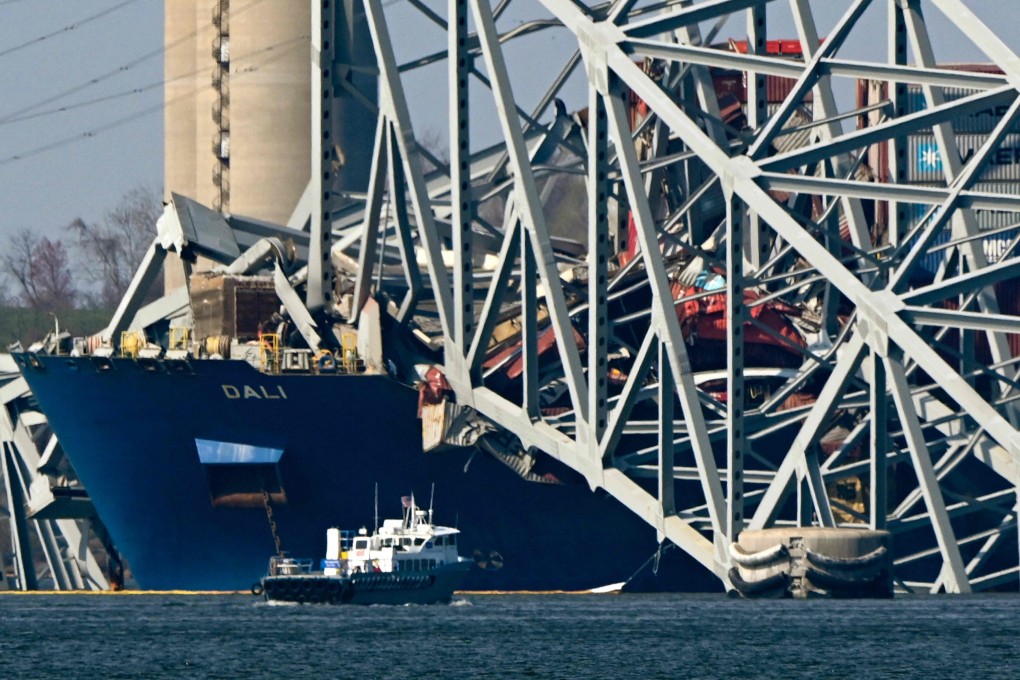On Balance | Baltimore bridge collapse shows how the US needs yet neglects immigrants
- The Francis Scott Key Bridge collapse highlights the dangers and abysmal conditions faced by working class Latino immigrants in the US
- Ideologues scapegoat migrant workers from Mexico and Central America despite benefiting from their labour

Given the striking footage of such a massive structure collapsing into a heap of twisted metal and the miraculous effort to block drivers – on just a few minutes’ notice – who would otherwise have been on the bridge as it fell, the sustained interest is no surprise.
While full details about the workers who perished in the Baltimore bridge collapse have not been released publicly at the time of writing, we know they came to the US from Mexico, Honduras, Guatemala and El Salvador.
About 130,000 immigrants work in the construction industry in the regions in and around Baltimore and the neighbouring national capital. They make up 39 per cent of that workforce, The Washington Post reported, citing Casa, a Maryland-based Latino and immigration advocacy organisation.
